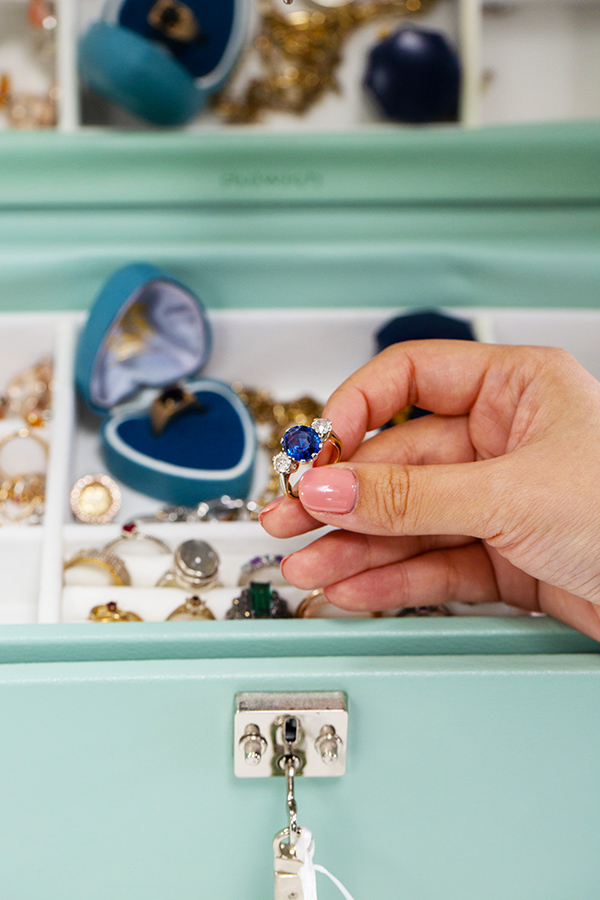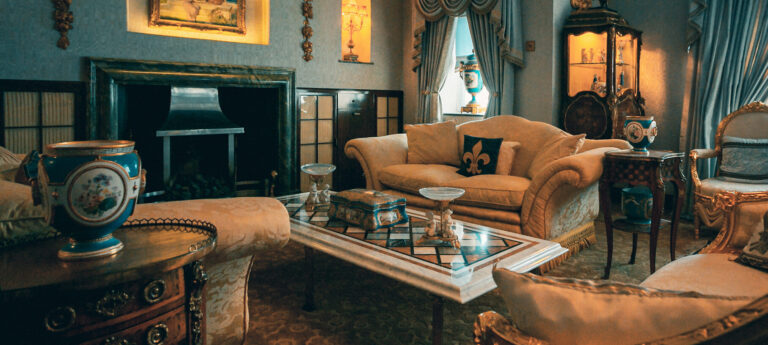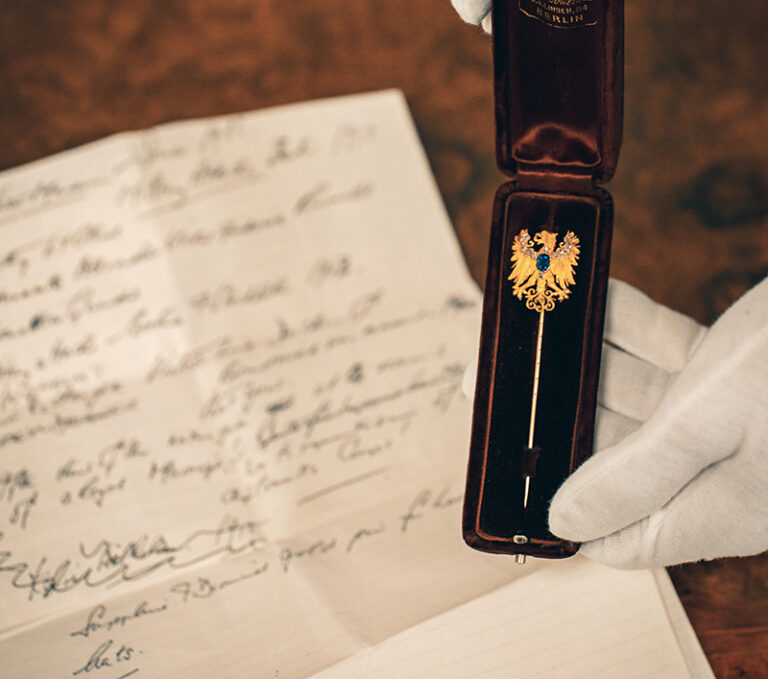When dealing with an estate, the executor or administrator is responsible for ensuring a complete valuation of all personal possessions and home contents is conducted. This valuation needs to be for Probate, which means it needs to reflect a fair market value for the item at the time of the deceased’s passing, in other words, a realistic price that something will sell for in the preowned market. Whilst this might seem relatively straightforward for items such as cars, boats, washing machines, laptops, and other appliances, when it comes to more specialised items you may need to appoint a professional to assist. Furniture may appear easy enough to assess, but quite literally the closer you look, the more complicated this task can become, especially for those of us who aren’t experts.
The first thing to do is try to determine the type of material. If wooden, most items of furniture are crafted from native timbers such as beech, elm, yew, and ash. Contemporary, antique, and vintage pieces will be made with good quality wood such as satinwood, mahogany, maple, walnut, cherrywood, rosewood, oak or burlwood amongst others.
A close inspection of every side, underside, drawer, and shelf will be helpful to determine if all the wood appears to be the same, it could also reveal a label, stamp, or signature, which will provide valuable information about the maker and age should it be present. Inspect the joints/dovetails and finishes such as handles; irregular joints are probably handmade whereas uniform joints could suggest machine made. Old screws and nails will appear rather simplistic in comparison to fittings used today, so be sure to look closely. Cheap items made of chipboard with varying finishes are not going to hold a collectible value and could therefore be assessed based on other examples for sale online.
Examine the style of the piece, is it modern and streamlined, or is it shaped and carved. Make a detailed list of any distinct features or characteristics. Determine the original purpose of an item, this can provide some insight into the age as so many beautiful pieces of furniture were created for homes and lifestyles that no longer exist. A large bureau or small card table may prove easier to identify than a dining table or chest of drawers. Consulting with library resources and online catalogues can provide help.
Discuss items with family members, loved ones can also provide a timeline for how long a piece of furniture has been owned by the deceased. Indeed, this step could provide crucial information, for example a chair that has been passed down for generations or a bookcase that was part of the property when the deceased moved in. All these stories can offer up valuable insights.
Make notes regarding any damage, but do not under any circumstances try to repair these damages until you have consulted with an expert. Incorrect restoration can seriously devalue an item of furniture, so we highly recommend holding off.
While the internet provides an invaluable tool for those who choose to research items on their own, when it comes to contemporary, antique, and vintage furniture, the cost of not having an expert opinion can be expensive. Dawsons will be able to assist with an obligation free Probate valuation. We will visit the property and examine each item in person. In the case of furniture, this is certainly the most sensible way to ensure that any furniture of value is identified and valued accordingly.



